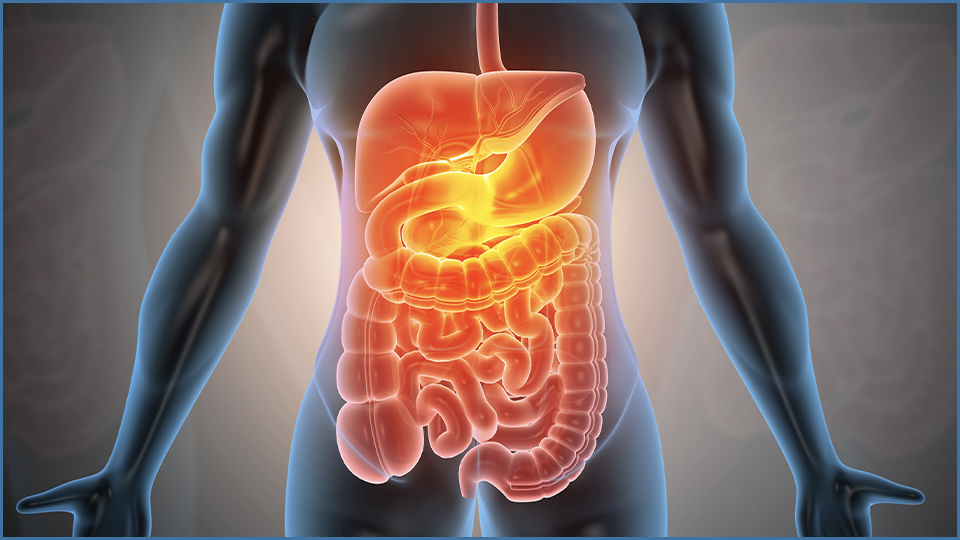Micronutrients deficiencies and their treatment in the critically ill.
DOI:
https://doi.org/10.37051/mir-00193Keywords:
Enteral nutrition, thiamin, deficiency, vitamins, trace-elementsAbstract
Nutritional deficiencies during critical illness are not limited to energy and proteins but encompass micronutrients (MNs): The critical MNs are thiamin, vitamin C, vitamin D, Selenium, copper, iron, and zinc.
In the critically ill patients, low serum/plasma levels are omnipresent, true deficiencies are frequent, while underlying pathologies or comorbidities may exacerbate them with deleterious consequences. The daily administration of either enteral or parenteral nutrition must be coupled with a MN prescription at standard DRI doses which may be insufficient to cover the needs of many patients. High doses administration of singe MNs remains controversial and is discouraged out of research context. This review will attempt to clarify the MN requirements in the critically ill patients according to the international guidelines.


